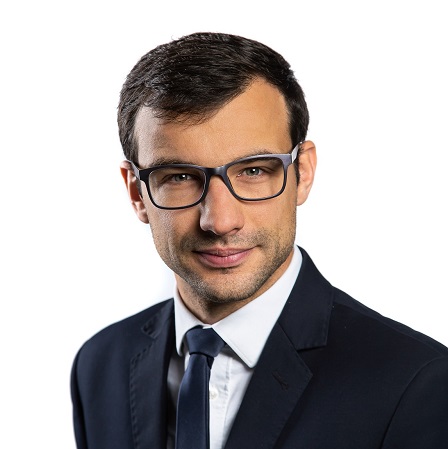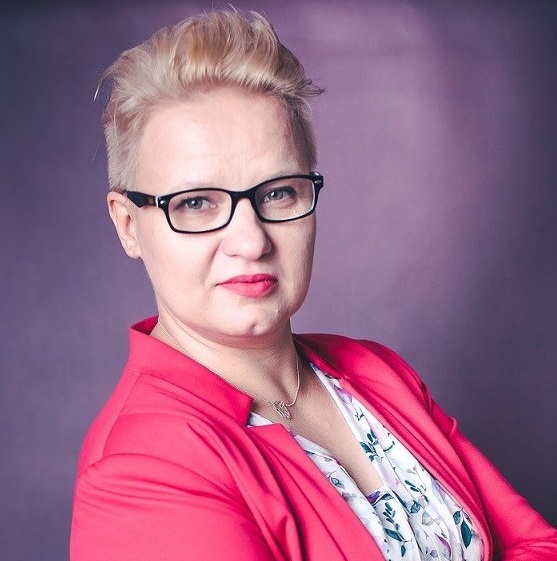The creation and distribution of public goods and services constitute an important area of the social policy of the state. The theory of public and private goods as well as substantial goods is based on the assumption that the market is unreliable in meeting social needs and strives to egalitarianism of the society by creating common goods of public nature.

The flexible and cross-sectoral approach to production and consumption processes throughout the whole value chain and its optimisation by finding synergies for ecosystems accounts for one of the features of the 4.0 revolution. The outbreak of the digital 4.0 revolution, based on the digital framework, the growing importance of knowledge, information and artificial intelligence make it necessary to seek a balance between the ‘hard’ world of digital solutions and the social consequences of that process in almost every sphere of the economy.
The Synergy of Ecosystems within the 4.0 revolution
Unfavourable demographic trends which will have a significant impact on the efficiency of the pension, health care, education, ecology systems, etc., bring about the most important challenges for the development of the country.
As part of the attempts to address the financial sustainability of pension systems as a result of ageing populations, the world literature proposes the use of automatic stabilisation mechanisms, using computer algorithms to determine optimal pathways for maintaining and achieving balance. That approach is based on a technical view of setting the parameters of systems in an automated way, independent of political decisions. In Poland, so far, this issue has not been analysed more widely, which creates a significant research gap that needs to be filled.
More and more attention is paid to synergies pursued for ecosystems in which water has an important place in the conceptual framework of a circular economy and needs to be managed in a sustainable and integrated way. The research undertaken will be based on the analysis of the water value chain in urbanised areas.
Automation and robotisation as well as computerisation of economic processes, replacing human labour, indicate the necessity to develop solutions minimising the related possible adverse social impact (market exclusion of certain social groups).
Revolution 4.0 implies the need to develop a model of responsible development that includes all groups at risk of social exclusion. Under those conditions, activities related to the implementation of educational goals are aimed at more efficient use of the potential of human capital in the labour market, through lifelong learning, ensuring sustainable macroeconomic stability and supporting inclusive economic growth.
Revolution 4.0 and Unfair Practices
The new look at the digital world and the growing role of intellectual capital in creating the added value also makes it necessary to change the existing accounting paradigm and to undertake the research on relational assets, which are of fundamental importance for the development of the economy in the era of the Industry 4.0. Problems related to the quantification and operationalisation of assets, as well as relational costs and benefits, not only give rise to book-keeping difficulties, but may also lead to potential abuses that are difficult to detect by the control and audit authorities (moral hazard).
The new kinds of crime in the economy of revolution 4.0 are distorting the fairness of economic operations. Verification of the usefulness of financial information and big data, in terms of identification of economic operators committing financial crime, implies challenges for the modern public audit and security systems.
The verification of the usefulness of financial information and big data in terms of identifying tax evaders, machine learning methods, deep learning and artificial intelligence, undertaken within the framework of the research project, will have significant application and implementation advantages: facilitating the system to identify fraudulent entrepreneurs, and providing for computer programs that identify companies suspected of fraudulent practices.





